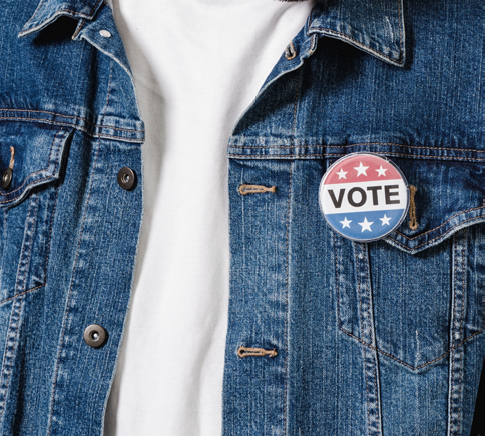Covid Vaccination Passport – The “Freedom” of movement and travel!
There is a brewing controversy over whether governments and businesses should mandate so-called “vaccine passports”. The controversy involves whether vaccine passports would violate people’s freedoms and privacy rights. That is because vaccination records are private health information, and certain individuals are unable to be vaccinated due to health or religious reasons that could lead to discrimination.

With the enduring lockdowns due to the Covid-19 pandemic, people around the world are eager to travel to those places that have more “freedom” of travel, and to have freedom of movement within their own cities and countries. Vaccine passports would identify those travelers that have received approved vaccines and allow them entry into a particular country that requires a vaccination or remove a quarantine requirement for entry, or to move around freely within a country or city.
With no universal policy in place, including which Covid-19 vaccines are approved, countries are imposing restrictions on an ad hoc basis. For example, Belize, Croatia, Ecuador, Estonia, Georgia, Guatemala, Iceland, Montenegro, to name a few, permit entry to persons that have been vaccinated without additional requirements including a quarantine period or other testing measures.
The United States, while not addressing international travel, has issued its own domestic guidance. According to guidelines published by the CDC on April 2, 2021, people who are fully vaccinated with an FDA-authorized vaccine do not need to get tested before or after travel unless their destination requires it, and fully vaccinated travelers do not need to self-quarantine. Proof of certain vaccinations is not new, and it is required to enter certain countries. For example, there has been a long-standing requirement for U.S. Citizens to have a yellow-fever vaccine to enter certain countries, and this has been deemed to be an acceptable health restriction. Thus, a vaccine passport may become a requirement over time despite the limitations on freedom and privacy rights, and possible discriminatory entry requirements for those people who are unable to be vaccinated due to health or religious reasons.
However, whether proof of vaccination will be required to enter private businesses in the United States, given the freedoms found in the United States is just beginning to be debated. On the same day the CDC issued its guidance, Florida’s Governor, Ron DeSantis, issued an executive order banning Covid-19 passports. In particular, Governor DeSantis’ executive order forbids local governments and businesses from requiring proof of a Covid-19 vaccine, and businesses must comply with his order to be eligible for grants and contracts funded through state revenue. And, Governor DeSantis has stated that the Florida Legislature will be considering making his order a permanent protection under Florida law. This is only the beginning of this important topic, and it will undoubtedly be litigated in courts around the country, and quite possibly make its way to the Supreme Court.
CONGRESS STEPS INTO THE FRAY WITH ITS OWN ELECTION LAW CHANGES.

With heated debate nationwide over changes to state election laws, Congress has decided to enter the fray with a nationwide voting bill. The bill, known as For The People Act, which has been passed by the House of Representatives, is designed to require all federal elections to start with an identical set of voting registration rules. As drafted, States would have the right to provide more access for voter registration, but not less. Mail-in voting would be extended nationwide and require states to electronically track ballots, and early voting would be expanded. In addition, state voter identification requirements would be nullified, and it would allow voters to sign affidavits swearing to their identities rather than providing an identification. Moreover, the bill would bar states from taking voters off the voting rolls because they have voted in recent elections, which practice has been previously upheld by the Supreme Court. Finally, felons that have completed their sentence would be permitted to vote. Should this law be enacted, it is likely to bring a wave of lawsuits regarding whether states or the federal government has the authority to establish voting standards for federal elections.

